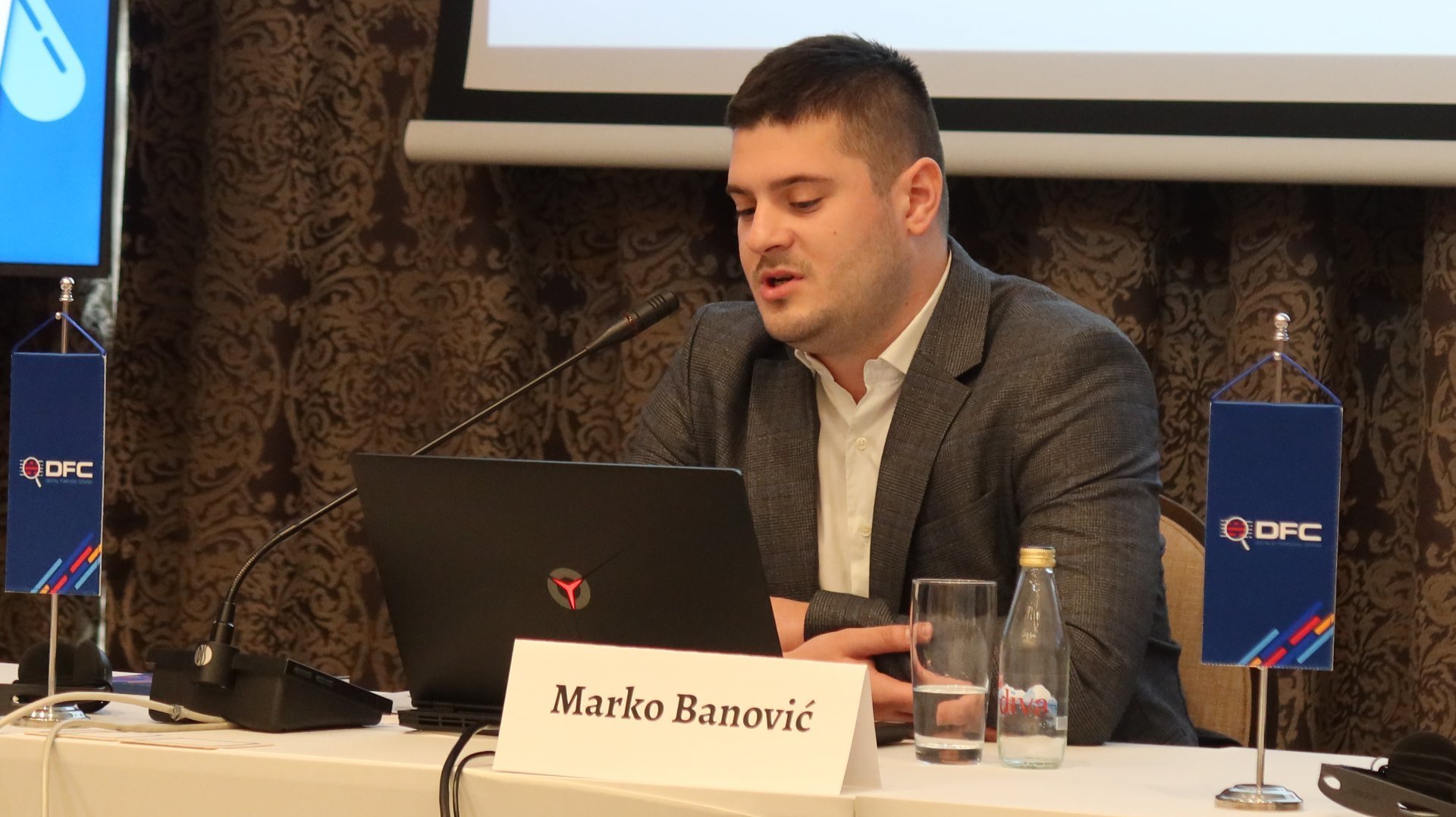Publishing graphic footage of yesterday’s murder in Podgorica – without warning and on an unregistered website – is yet another stark example of profoundly unprofessional and irresponsible conduct in the public sphere, says Marko Banović, an analyst at the Digital Forensic Center (DFC), in a statement to Antena M.
He emphasizes that the incident exposes a range of serious issues.
"The first problem is that this kind of content is being widely circulated on digital platforms and is easily accessible to the general public, including the victim’s family. This not only deepens their trauma but also severely undermines the public’s sense of safety, fuels panic, and further erodes already fragile trust in the country’s security institutions", Banović tells Antena M.
He also warns that the distribution of such videos can have a dangerously desensitizing effect. Crimes, violence, and even assassinations, he says, become normalized within the digital space.
"Although the new Media Law – adopted as part of the so-called IBAR legislative package – requires media outlets to register and enables sanctions for unethical practices, little has changed. Platforms operating outside legal frameworks and self-regulation systems continue to operate freely, spreading misinformation, hate speech, and now graphic content that violates basic standards of public decency and threatens users’ mental well-being", he adds.
Banović underscores that the state’s failure to enforce the Media Law reveals a deep institutional inability to protect its citizens.
"In the worst-case scenario, this points to a political or institutional unwillingness to address these issues at all. The message being sent is that laws in Montenegro are passed merely to check boxes for EU accession – without any real intent to implement or uphold them", Banović notes.
He stresses that what Montenegro is experiencing is not genuine reform, but the simulation of reform – something even more dangerous, as it erodes public trust in the process of European integration itself.
"This case must prompt an urgent response from the relevant authorities. Disseminating such content is not only morally indefensible but socially hazardous. Montenegrin society must take a firm stand in defense of basic ethical and human values. Otherwise, we risk sliding further toward the normalization of violence and the collapse of public empathy", Banović warns.
It’s worth noting that the website in question – allegedly founded in Cuba – lists among its co-owners Vladimir Božović, rector of the University of Montenegro, and is publicly recognized as the rector’s portal.
This unregistered platform has operated for over fifteen years as a Russian-Serbian proxy, regularly broadcasting some of the most virulent hate speech poisoning Montenegro’s public discourse.
We’ve grown accustomed to its politically vindictive, deeply manipulative articles. We’re no longer surprised by its distorted historical narratives or its persistent denial of Montenegrin identity, as pushed by its columnists.
But it now appears that all ethical and human boundaries have been crossed. Unregistered outlets, unrestricted by law and devoid of empathy, continue to operate unchecked. The previous government never took action against them, and the current administration shows no signs of stepping in to curb the spread of fear, the erosion of standards, or the tabloid-style sabotage of an already fragile sense of public security. These platforms will persist in advancing their ideological agenda because in today’s Montenegro, no one seems willing to summon the courage to hold them accountable.









Komentari (0)
POŠALJI KOMENTAR